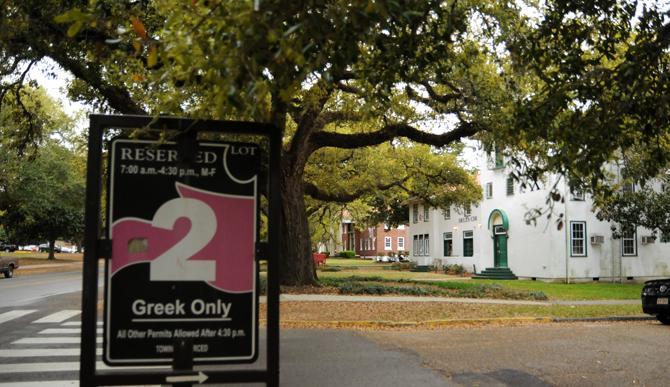Hazing is often associated with added student stress and pledge deaths. The student being hazed is the only focus, but there is more to the equation, like the detrimental effects of the practices on the one doing the hazing, a matter we often don’t consider.
I’m always saddened when a student’s life ends due to hazing, but I usually think of those enduring the torment as the victim, and I never consider the one carrying out the act as one, too.
Marquise Braham, a freshman member of the Phi Sigma Kappa fraternity at Penn State’s Altoona campus, jumped to his death from the roof of a Marriott hotel in New York while home on spring break earlier this month.
Marquise’s father, Rich Braham, believes the hazing practices that his son was prompted to inflict on other students and those carried out on him are to blame for his death.
According to Braham’s father, his son said he was instructed to put on a ski mask and steal a bag of chips from a store during his own pledging last year.
Braham’s son spoke about pledges drinking until they vomited and then repeating the process during hazing.
The text messages found on his son’s phone describe how fraternity pledges had a choice of either inserting a sex toy into their body or taking cocaine. There were also photos of a blindfolded pledge with a pistol to his head.
I’m not a member of any Greek organization, but I do believe there are professional and social benefits to being involved in a college network like this. From the outside looking in, the notion of brotherhood and sisterhood that is supposed to be in the fabric of Greek Life is torn to shreds when hazing comes in to play.
The lengths some of these organizations go to and the sadistic creativity involved in devising hazing techniques are appalling. It’s the strong desire of humans to belong and be accepted that allow the powers of coercion and conformity to seemingly justify one’s subjectivity to participating in heinous acts.
Hazing is dangerous to those involved both physically and mentally. It’s all fun and games until someone dies, right? Wrong. It’s unacceptable on all grounds and in every aspect of what hazing has become. There is nothing positive that can be offered to any individual guided to believe that partaking in humiliation or harming another student is acceptable because they also endured similar treatment as a pledge.
In fact, after pledging, a student has a responsibility to be the outlier and to make a stand for their sake and for others. Someone has to be the bigger person for those who can’t muster the courage to draw the line regarding these initiation rituals. Some people can handle physical and emotional damage better than others, and some can’t do it at all. They can’t live with themselves. This should never be the case, and no one should be placed in any position within a “respectable” organization that causes so much harm to so many.
Testing the commitment of a pledge, a future brother or sister, can be done safely and without humiliation. See how many service hours a pledge can put in at a local shelter. Testing the boundaries of one’s body and mind through embarrassment and over-consumption displays no virtues worthy of recognition.
I can only boil down the reasons for hazing as either the human craving for a sense of belonging or a complete lack of conscience. Those without the conscience stand no chance of altering hazing practices without serious help. As for those suppressing their conscience so an organization can accept you, here’s what you need to consider. At the end of the day, can you truthfully accept your actions and yourself?
Justin Stafford is a 21-year-old mass communication junior from Walker, La.
Opinion: Hazing detrimental to more than those undergoing it
March 27, 2014





